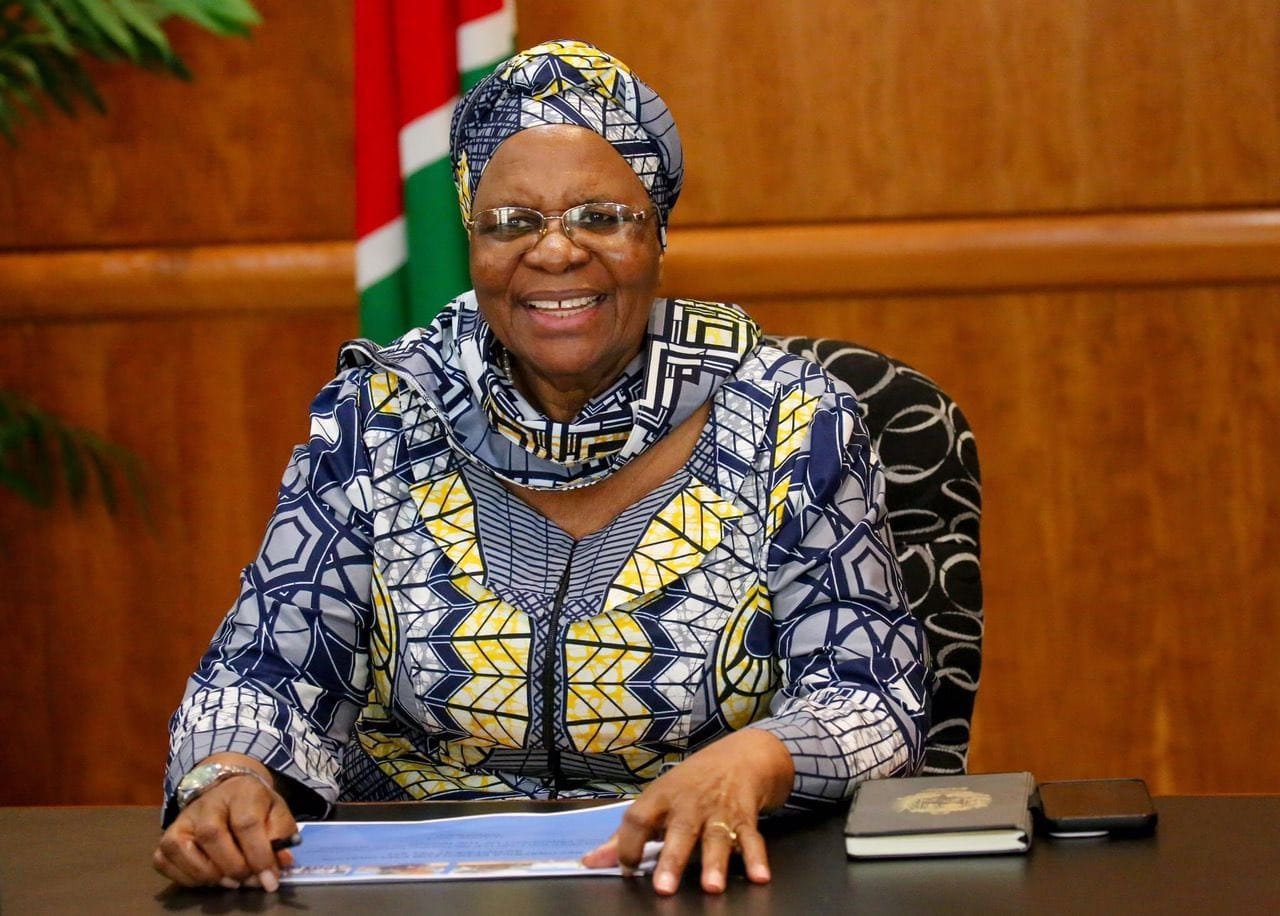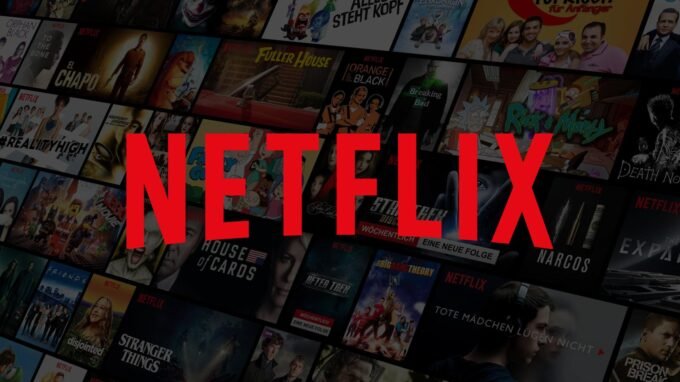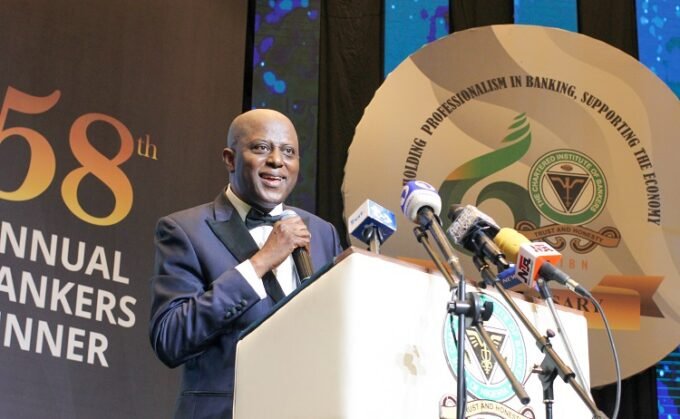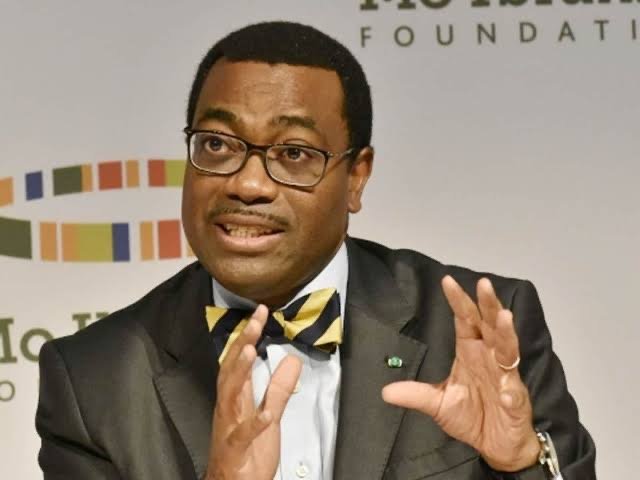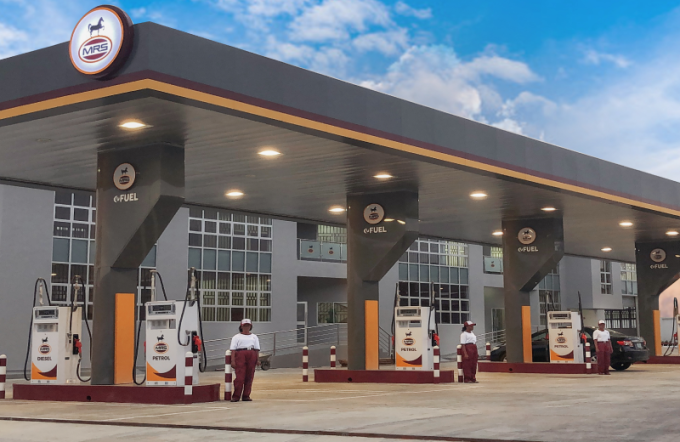The November 27 election in Namibia was widely viewed as a critical test of SWAPO’s 34-year grip on power. The Independent Patriots for Change (IPC), buoyed by support from younger generations frustrated by unemployment and inequality, emerged as a significant challenger to the ruling party.
Logistical Challenges and Extended Voting Period
Voting was marred by logistical and technical problems, including a shortage of ballot papers and the overheating of electronic tablets used for voter registration. These issues led to long queues, with some voters waiting up to 12 hours. In response, the voting period was extended to November 30 to accommodate those who couldn’t cast their ballots on the initial day.
The IPC accused the Electoral Commission of Namibia (ECN) of deliberately creating obstacles to voter participation. IPC’s presidential candidate, Panduleni Itula, 67, alleged “a multitude of irregularities” during the election. On the final day of voting, he stated that the IPC “shall not recognise the outcome of that election” and vowed to pursue legal action to nullify the results.
Reactions to the Election Results
The ECN announced on Tuesday that SWAPO had secured victory in both the presidential and national assembly elections. Nearly 77 percent of the 1.5 million registered voters participated in the presidential vote. SWAPO also retained its majority in the national assembly, winning 51 seats, although this was a decline from its previous tally of 63. The IPC captured 20 seats.
Reacting to the announcement, IPC spokesperson Imms Nashinge reaffirmed the party’s rejection of the results. Meanwhile, Itula urged supporters to remain calm but resolute, stating, “Stand firm to ensure that we shall not be robbed nor denied our democratic right to choose our leaders.”
ECN Chairperson Elsie Nghikembua acknowledged the organizational failures but called for unity, stating, “Democracy calls upon us to unite once the votes have been counted. I urge all Namibians to embrace the results with the spirit of unity, diversity, understanding, and reconciliation.”
SWAPO Faces Pressure from Younger Generations
The election highlighted growing dissatisfaction with liberation-era movements across the region. In neighboring Botswana, the Botswana Democratic Party was recently ousted after nearly six decades in power. Namibia, despite being a major exporter of uranium and diamonds, struggles with youth unemployment, which stands at an estimated 46 percent among 15- to 34-year-olds—nearly triple the national average. Many Namibians feel that the country’s wealth has not translated into tangible benefits such as improved infrastructure and job opportunities.
Nandi-Ndaitwah Makes History
Netumbo Nandi-Ndaitwah, a SWAPO stalwart known by her initials NNN, made history as Namibia’s first female president. The conservative daughter of an Anglican pastor, Nandi-Ndaitwah became vice president in February 2024 and is recognized for her gold-framed glasses and frequent campaign appearances in blue, red, and green—the colors of SWAPO and the national flag.
Nandi-Ndaitwah emphasized “economic diplomacy” as a cornerstone of her campaign, promising to attract investment and create jobs. Her election places her among the few female leaders on the African continent, marking a significant step forward for gender representation in the region.
A Pivotal Moment for Namibia
As Namibia transitions into this new chapter of leadership, the challenges of addressing youth unemployment, economic inequality, and political dissatisfaction remain pressing. Nandi-Ndaitwah’s presidency will be closely watched as the nation navigates these complex issues and seeks to build on its democratic foundations.
Source: Inclusifund
Recent Posts
- Egypt’s Agri-Tech Innovator ReNile Secures $450K to Drive Sustainable Farming Solutions
- Africa Investment Forum 2024 Attracts $7.6 Billion in Investment Interest for Nigeria, Says Dr. Akinwumi Adesina, AFDB President
- Nigerian Stock Market Hits N64 Trillion Landmark with MTNN and HONYFLOUR Leading the Charge
- Startups, Seize the Opportunity! Apply Now for the LASRIC Innovation Challenge 2025!
- Central Bank of Nigeria Raises N1.47 Trillion Through 364-Day Treasury Bills at a 22.6% Stop Rate


